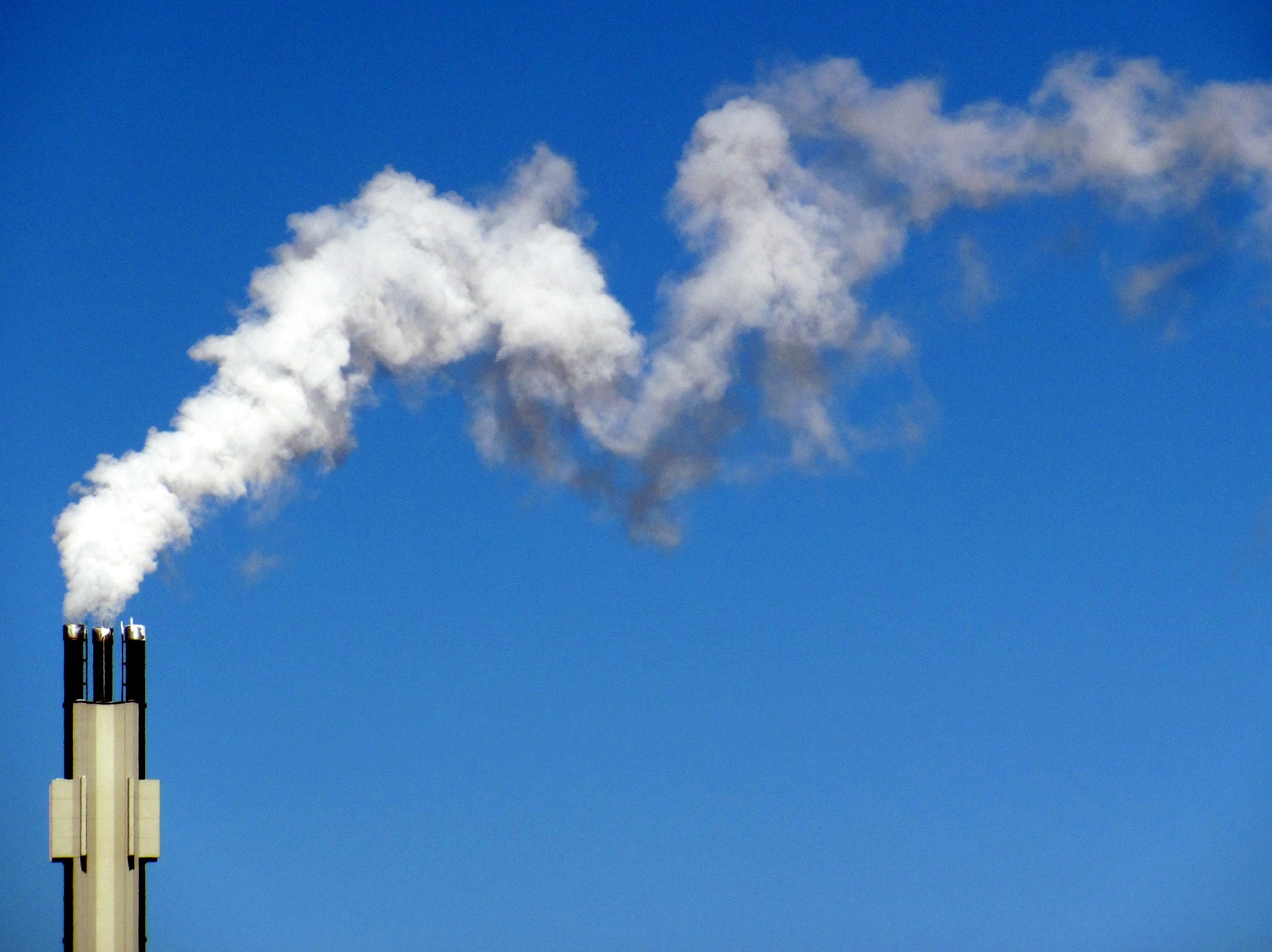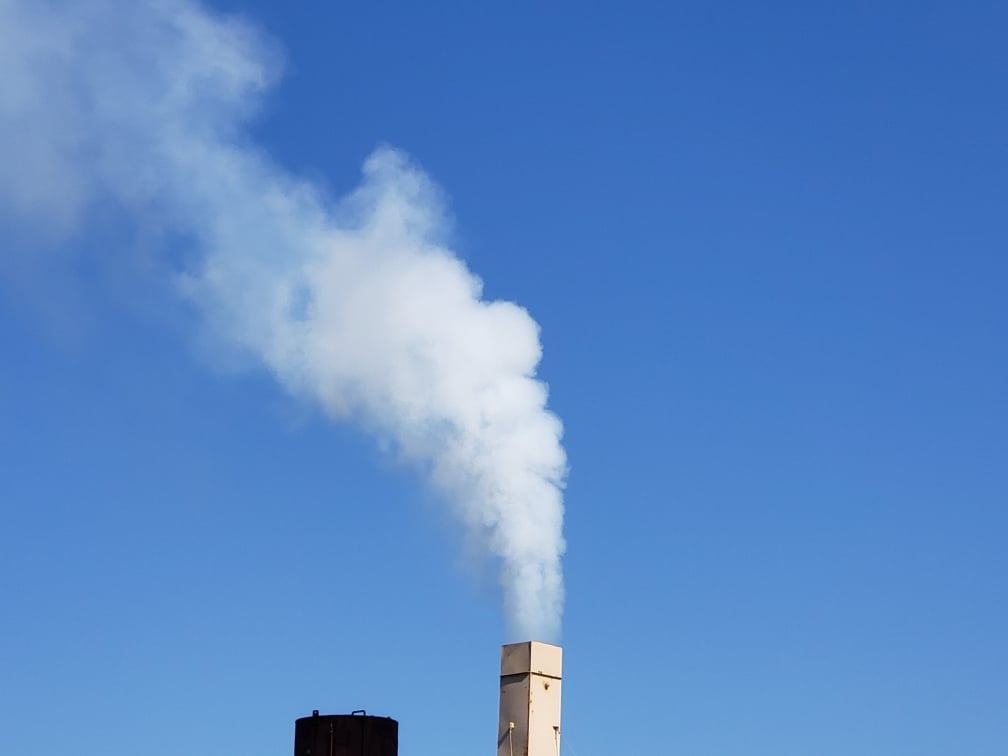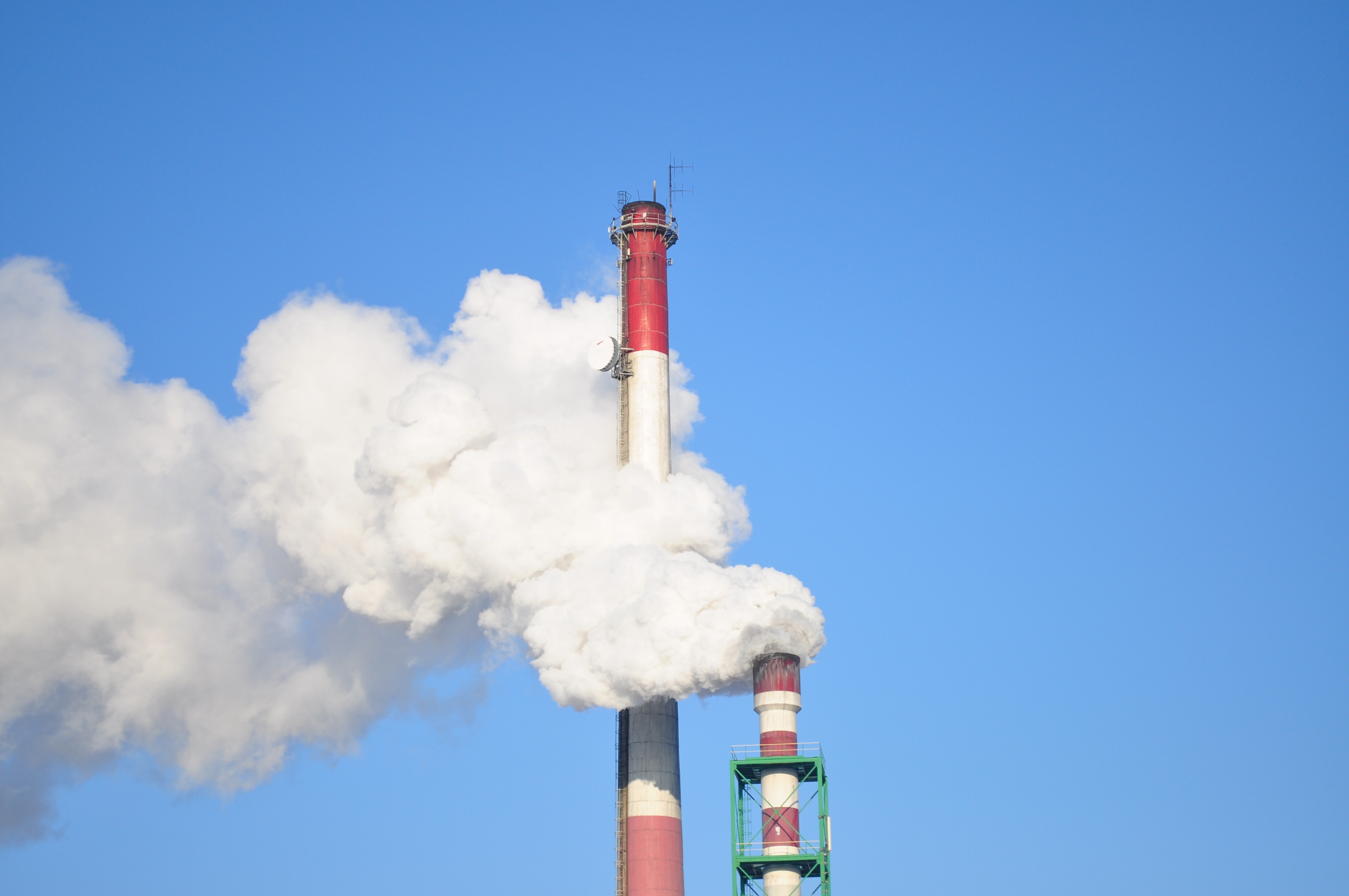Find out how much an air permit will cost at your operation in this quick read!
New Jersey has some of the most strict and confusing environmental regulations anywhere in the country, and that's no different when it comes to air regulations. If you just learned that you have a business in New Jersey that will emit pollutants into the air and you'll need an air permit, one of your first questions is probably: how much is this going to cost me?
It's frustrating, but unfortunately, there is no one definitive answer to that question. Air permits in New Jersey can cost anywhere from a few hundred dollars to tens of thousands of dollars, depending on a couple of factors, and there are some ongoing compliance costs associated with them as well that you'll need to keep in mind.
While there isn't a general answer to the question, there are some guidelines you can follow if trying to figure out how much an air permit in New Jersey will cost you. In this article, we'll take you through all of the factors that impact the cost of an air permit to give you a better idea of what to expect for your particular operation.
First, some general information about air permits in New Jersey
If you're not familiar with air permits in New Jersey, you may want to check out some of these other articles before we dive in here. They'll give you a better idea of what air permits are, how they work, and some of the intricacies that come with them. If you're already all caught up to speed, feel free to jump ahead!
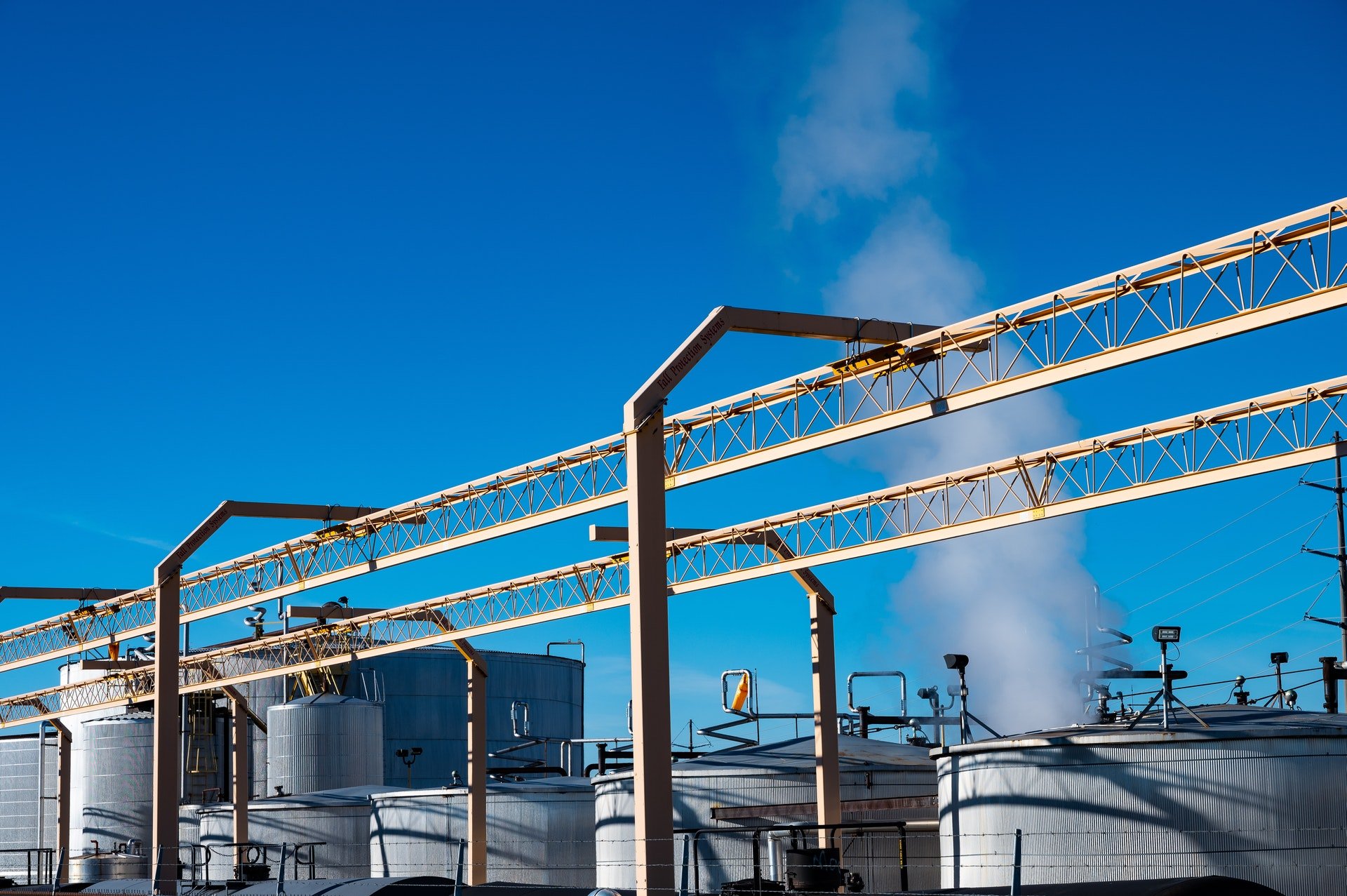
Factors affecting the price of an air permit application in NJ
Okay, we just mentioned that there are a couple of different factors that will impact the final price you'll pay for an air permit. The most important factors that you'll need to keep in mind when it comes to the cost of your air permit follow:
- The type of air permit: As a general rule, most general permits will typically cost less than a larger preconstruction permit, and by extension, Title V permits will cost greater than a preconstruction permit. If you're not sure what permit you need, be sure to check out our other article: How do I know which air permit I need in New Jersey?
- The complexity of an air permit: Is your operation fairly simple, or do you have many pieces of equipment with unique operating scenarios and characteristics? More complex operations (which require more complex permits) tend to be more expensive than simpler ones.
- Risk Screening: Is your equipment subject to health risk screening or a refined health risk assessment? Risk screenings will increase the final price you'll pay for an air permit.
- SOTA: Is your equipment subject to NJDEP SOTA (state of the art) requirements? If so, you may need to create a “case by case” SOTA to demonstrate the efficacy of your emission control, which is going to cost you. Note that some operations such as internal combustion engines and asphalt plants already have SOTA manuals created by the Department which applicants may use instead of creating their own. This will save a good deal of money on your application.
So there you have it. Four factors, each with the potential to either raise or lower the price you'll end up paying for your New Jersey air permit. Let's dive into each factor a little deeper to try to give you a better idea of where your operation fits in and how much an air permit will cost you!
How does the type of New Jersey air permit affect the cost?
One of the first things to consider is which permit you'll need. There are four different types of air permits available in New Jersey. Unfortunately, you'll have to get whatever type of permit you qualify for, so you can't just pick and choose the permit with the lowest price. If you're not sure what type of air permit you need, we have a whole article about the different types of air permits in New Jersey, where we take an in-depth look at each type of permit and who qualifies for them.
Also keep in mind that air permits must be renewed every 5 years, which will require paying a renewal fee to the NJDEP as well. Below is a breakdown of each type of permit and its associated initial application & renewal costs.
General Permits – Typically for low-emitting source types. NJDEP offers around 20 different general permits tailored to specific source types. Each permit comes with preset terms and conditions which facilities must follow.
- Initial application cost: $885
- Renewal cost (every 5 years): $885
Preconstruction Permits – Essentially, an individual permit for minor to fairly large sources of air pollution. Think pharmaceutical operations, quarries, concrete plants, asphalt plants, etc. These permits involve longer processing times than general permits and applications may have to undergo health risk assessments.
- Initial application cost: $2,730 + $640 for each additional piece of equipment
- Renewal cost (every 5 years): $1,370 + $375 for each additional piece of equipment
General Operating Permits – Similar to a general permit but can only be obtained for sources already having a Title V permit.
- Initial application cost: $885
- Renewal cost (every 5 years): $885
Title V Permits – These permits are for major sources of air pollution in New Jersey. Title V permits will be expensive and have longer processing times. Think large operations like cement plants, large glass chemical manufacturing plants, and refineries.
- Initial application cost: Depends on application, equipment, size, and scale of the operation.
- Renewal cost (every 5 years): Depends on application, equipment, size, and scale of the operation.
How does the complexity of a New Jersey air permit affect the cost?
This really will only apply to Preconstruction Permits and Title V permits, since general permits are already laid out in writing and can't change in complexity.
In short, as you increase the number of equipment to be included on these permits, your applications fees will increase. In many cases, to save on permit fees, it is best to permit equipment on a general permit when applicable and to lump conveyors together with the units they service.
Expected Costs: $640 for every additional piece of equipment on your preconstruction permit or Title V permit.
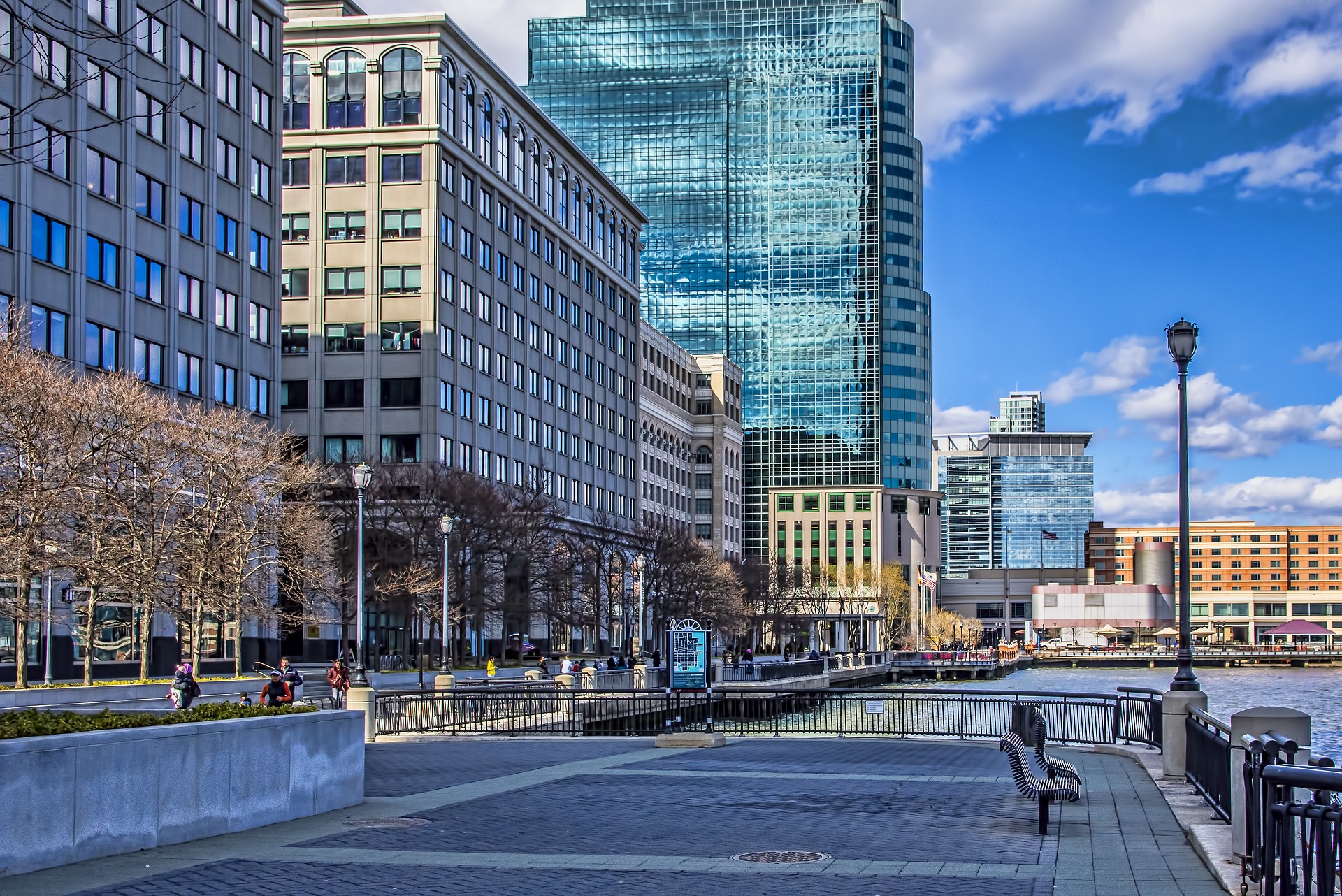
How does risk screening affect the cost of a New Jersey air permit?
If your air permit application requires risk screening (think preconstruction permits and Title V permits), you will be subject to increased permit fees from the NJDEP. But what exactly is risk screening?
Risk screening is a process required for many preconstruction permit applications if any air toxics or HAPs exceed NJDEP reporting thresholds as listed in the regulations. Risk screening essentially uses values like stack height, distance to the property line, emission rate, and anticipated annual emissions to provide a rough estimate of whether or not your facility will pose a significant human health risk.
Should your facility pose a health risk, a refined risk assessment may be required in which the NJDEP will conduct air dispersion modeling and discuss potential mitigating actions with the facility to ensure their operation does not have a detrimental effect on the local community.
Expected Costs: $2000-$6000 if a risk assessment is required.
How does SOTA affect the cost of a New Jersey air permit?
SOTA or State of the Art refers to NJDEP’s set thresholds at which certain pieces of equipment are required to meet the state's best available control technology regulations. For example, many air toxins and hazardous pollutants (in addition to the reporting threshold) also have SOTA thresholds. When a facility exceeds a SOTA threshold, the facility may demonstrate compliance with that limit in several different ways.
- The facility can follow one of the state’s prebuilt SOTA manuals which lists acceptable emission limits and control technologies.
- For facilities where an NJDEP SOTA manual is not available, a “case by case” SOTA may be required. This is the most expensive option and requires the applicant to draft a top-down analysis of potential control technologies. The applicant must explain why they chose the technology they did and demonstrate its effectiveness.
- Compliance with an NSPS (New Source Performance Standard) also demonstrates SOTA and relieves the applicant for the requirement of creating a top-down analysis. You may be wondering, what is NSPS. Here’s a brief description.
NSPS refers to performance standards designated under the Clean Air Act for various sources of air pollution such as internal combustion engines, crushing/screening units at quarries, asphalt plants, and much, much more. Because these federal NSPS has specific emission limits inherent to them, this demonstrates SOTA in many cases with the NJDEP.
Expected Costs: $9000 if a case-by-case SOTA is required.
Ongoing Compliance Costs
We already covered costs for 5-year renewals, but there are also some other ongoing costs associated with New Jersey air permit compliance that you'll need to take into account. Let's discuss some of the most likely fees to be incurred during the 5-year period your permit is active.
Modifications: If at any point you discover that equipment was permitted incorrectly or that you are bringing additional equipment on-site, you may need a permit modification. Unfortunately, you cannot modify a general permit, so a new application will need to be submitted to replace your current one. Preconstruction permits can be modified, but the base fee is the same as for an initial application, $885.
Emission Testing: If you operate a fairly large industrial facility, you may be subject to stack testing. Think only higher polluting preconstruction permits and Title V permits. For example, asphalt plants, covered under a preconstruction permit will require stack testing once initially.
Emission Monitoring: Some operations will be subject to periodic emission monitoring or emission checks on an as-needed basis. This could include Method 9 visible emission testing and semi-annual compliance monitoring using analytical instruments to measure pollutant concentrations. Many preconstruction permits and Title V permits will have this language included.
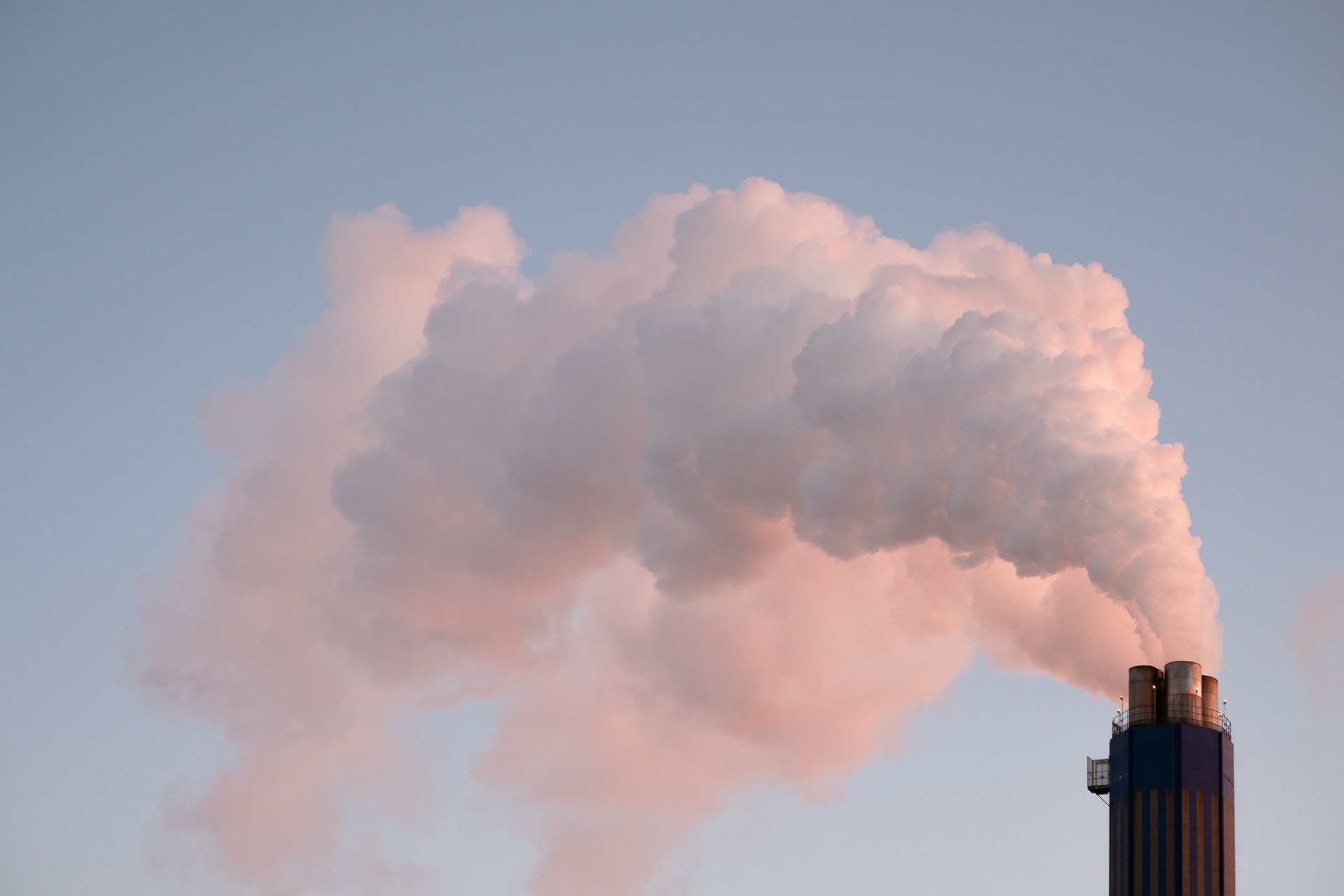
The cost of a New Jersey air permit depends!
In summary, the range of costs for all permits aside from a Title V Operating permit can range anywhere from $885-$25,000+. Narrowing down if your facility will be subject to SOTA and refined health risk screening can greatly impact your costs. In order to determine this, facilities should calculate their potential to emit various pollutants and compare them to the values in Subchapter 8 and Subchapter 17.9 of the NJDEP air regulations.
Sound like a pain? Unfortunately, it is! This is why so many businesses choose to outsource their environmental consulting needs to experienced professionals. By working with a qualified consultant, you can take the guesswork out of understanding and complying with NJDEP air regulations.
If you're overwhelmed by all this air permitting talk, you're not alone. RMA has been actively involved in helping companies with environmental regulations like air quality permits here in the Garden State since our founding in 1992. Long story short, we know the ins and outs of the environmental concerns facilities deal with regarding air permits and other environmental issues. We help you get into compliance with applicable environmental laws and regulations, ensuring your business stays out of trouble and in compliance.
If you're having any type of issue at your operation with your air permitting program, need to apply for an air permit, or anything else, and need the help of an environmental consulting firm with a proven track record, reach out. Even if we can't help, we’ll do our best to steer you in the right direction. Feel free to contact us at info@rmagreen.com, click here to contact us, or give us a call anytime at 888-RMA-0230 to learn how we can help your operation deal with environmental regulations and air permits.



